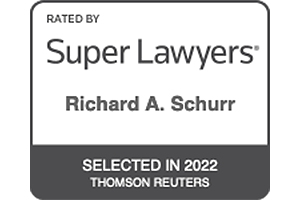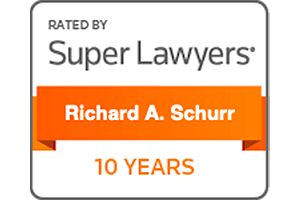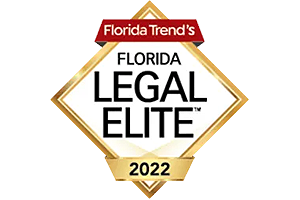
















FAQs
- Can I Move Away with my Child(ren) After my Divorce?
- Is Alimony Taxable?
- Representing Business Owners in Divorce Cases:
- If You Don’t Ask, You Don’t Get.
- Attorneys’ Fees Recoverable in Domestic Violence Proceedings:
- Parental Alienation is Child Abuse!
Can I Move Away with my Child(ren) After my Divorce?
Is Alimony Taxable?
Historically, the payor spouse was entitled to an income tax deduction for alimony payments actually made, and the recipient spouse was required to pay income taxes on alimony payments actually received. However, under the 2018 Tax Cuts and Jobs Act, any agreement between the parties, or judgments entered by the courts as to alimony payments, after December 31, 2018, will not permit the payor spouse to take an income tax deduction for alimony payments actually paid, and the new law will not require the recipient spouse to pay income taxes on the alimony payments actually received.
If you have any questions about the new law, contact Richard A. Schurr, P.A. at 305-204-4924 to speak with an attorney.
Representing Business Owners in Divorce Cases:
If You Don’t Ask, You Don’t Get.
Attorneys’ Fees Recoverable in Domestic Violence Proceedings:
The Florida Supreme Court has recently determined that attorneys' fees may be awarded to the prevailing party in dating, repeat, and sexual violence injunction proceedings under Florida Statute § 784.046. As Florida Statute § 57.105 clearly states that its provisions apply to any claim, or defense in any civil proceeding(s), the Court may award any prevailing party a reasonable attorney's fee, to be paid in equal amounts by the losing party and the losing party's attorney on any claim, or defense brought during an injunction proceeding under Florida Statute § 784.046 in which the Court finds that the losing party, or the losing party's attorney knew or should have known that said claim or defense when initially presented to the Court, or any time before trial was 1) not supported by the material facts necessary to establish the claim or defense, or 2) would not be supported by the application of then existing law to those material facts. Although Florida Statute § 57.105 contains a notice requirement, which gives parties and their attorneys a twenty-one (21) day time period to withdraw, or correct a baseless claim, or defense before a § 57.105, Florida Statutes, motion can be filed with the Court, and Florida Statute § 784.046 allows a petitioner to obtain an ex parte injunction, and required that a full hearing occur on a date "no later than the date the temporary injunction ceases to be effective," Florida Statute § 57.105 still applies because injunctions can be extended, and the Court can always award attorneys' fees on its own initiative. The Florida Supreme Court's ruling disapproves the Third District's decisions in Ratigan v Stone, 947 So. 2d 607 (Fla. 3d DCA 2007) and Cisneros v. Cisneros, 831 So. 2d 257 (Fla. 3d DCA 2002) and the Fifth District's decision in Dudley v. Schmidt, 936 So. 2d 297 (Fla. 5th DCA 2007) to the extent that they can be read to preclude the application of Florida Statute § 57.105 under proper circumstances in proceedings brought under Florida Statute § 784.046.
Parental Alienation is Child Abuse!
Client Reviews
Rick is very knowledgeable and helpful in understanding the needs of my family. He sorted through all financial, business and psychological issues relating to my divorce. I highly recommend Richard Schurr to...
My divorce was a surprise and devastating. Rick helped me navigate my way through the process. He negotiated an outstanding settlement and protected my future and the future of my children. He kept me calm and...
Thanks to Rick, my children and I are going to be okay. And as Rick has repeatedly assured me, someday we are going to be better than okay. If you want a smart, fair, empathetic advocate in your corner then...
I can testify that Mr. Schurr is one of the Best Representation I ever had. I strongly believe if someone is looking for a Top Professional and serious representation, shall look no further. Mr. Schurr is the...
Hired Richard in December for my employment case, and I received the settlement I deserved in January. He is an amazing lawyer, extremely smart and clever and always looking out for my best interest, throughout...
Get in Touch
- 1 Reliable, Highly Skilled & Educated Professionals
- 2 Hardworking & Aggressive Advocates
- 3 Creative & Customized Solutions for Complex Cases
Fill Out the Contact Form or Call Us at 305-204-4924 to Schedule Your Consultation.

